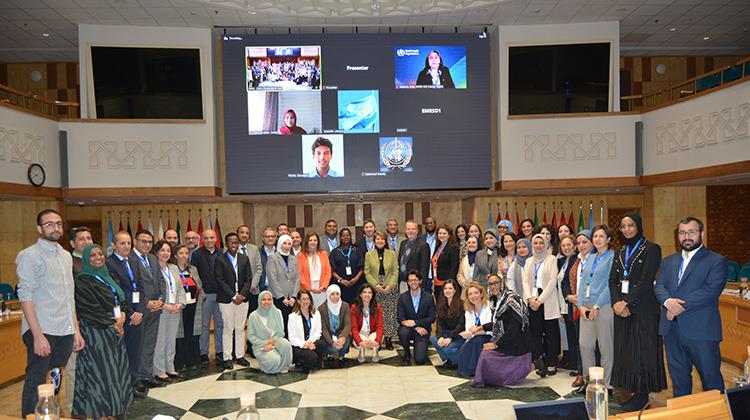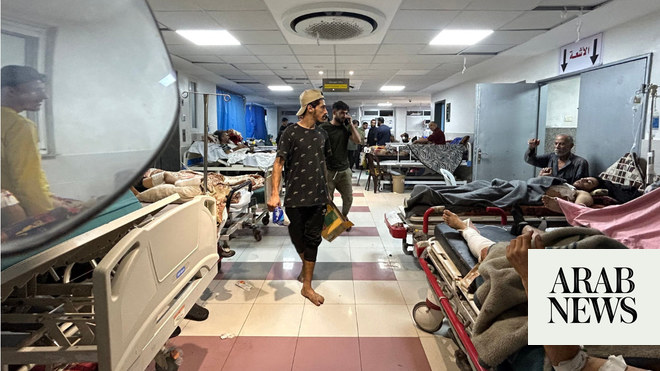
Treatments that could help alleviate the chronic pain experienced by thousands of childhood cancer survivors are being investigated by scientists and researchers in the UK.
About eight out of 10 children survive their cancer for 10 years or more but more than half of them report delayed and ongoing pain in adulthood.
Dr Richard Hulse, a sensory neurophysiologist at Nottingham Trent University’s school of science and technology, is researching the pathways through which chemotherapy causes patients to experience ongoing pain by damaging nerve cells, as part of a two-year study funded by the Medical Research Foundation.
Hulse said cancer treatments such as chemotherapy in early life could damage nerve cells that detect pain, and could alter how pain is experienced as the patient becomes an adult.
He said that although cancer treatment had developed, and significantly improved a person’s life expectancy after the illness “ongoing pain post-treatment is a significant problem in children that live into adulthood and can severely impact their quality of life, but we still know little about the biological pathways and mechanisms driving this”.
In healthy people, the body’s natural immune system helps preserve the mitochondria of nociceptor cells, which are nerve cell endings that initiate the sensation of pain.
Hulse said chemotherapy could stop this from happening. “We want to explore how the immune system and these nerve cells interact. Mitochondria are important as they provide the cells with energy,” he said.
The NTU team said it wanted to investigate whether transferring mitochondria from healthy cells to chemotherapy-damaged nerve cells could stop the nerves from generating pain.
Hulse added: “If functional healthy mitochondria are transferred, this may help nerve health. We believe this could provide a unique pathway to protect nerves from pain and provide an avenue to identify potential new treatments.”
Survey figures from Macmillan Cancer Support show that one in three people with cancer – the equivalent of 1 million people across the UK – have said it is harder now than at “any other time they can remember”, and one in five people going through cancer treatment in the UK are struggling with serious physical or emotional concerns yet are not getting the support they need.
Steven McIntosh, Macmillan’s chief partnerships officer, said the cancer care system was “unfair and broken”.
“Every day we hear about the devastating impact cancer is having on all areas of people’s lives, and despite the best efforts of healthcare professionals, cancer care is crumbling under immense pressures. It is categorically unacceptable that, for many people, your cancer experience is worse depending on who you are and where you live,” he said.
“The cancer care system is unfair and broken, but better is possible. In next week’s budget, we urgently need to see the chancellor put adequate funding in place to successfully rebuild our NHS and improve the support people with cancer receive across all areas of their lives, both now and in the future.
“We’re encouraged by the government launching a public conversation on the future of the NHS; it’s crucial the 10-year health plan is informed by people with experience of cancer. The government can deliver real change through the budget to both address the immediate crisis in cancer care and lay the groundwork for future improvements.”












